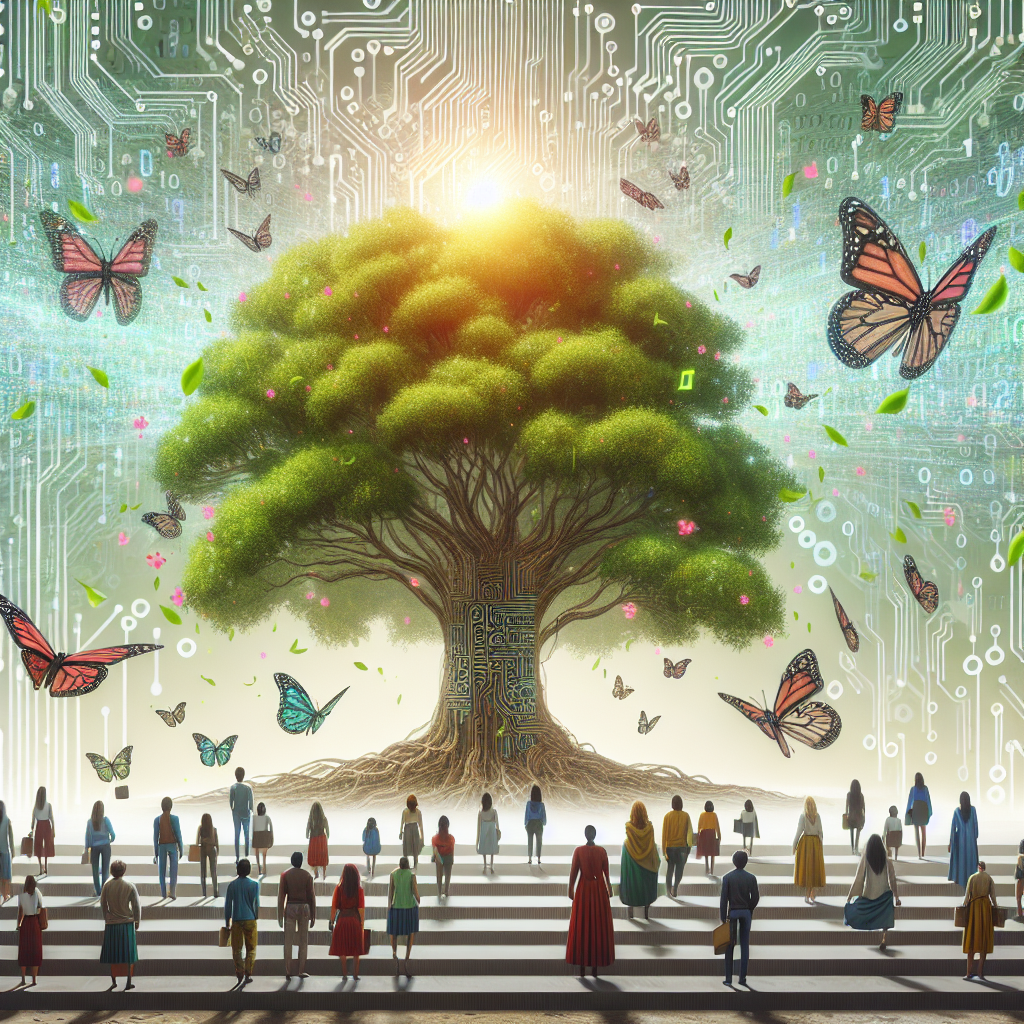Breaking the Limits of AI: How AGI is Redefining the Possibilities of Technology
Artificial Intelligence (AI) has made significant advancements in recent years, with applications ranging from virtual assistants and chatbots to autonomous vehicles and medical diagnosis. However, these advancements have largely been limited to narrow AI, which is designed to perform specific tasks within a limited domain. General Artificial Intelligence (AGI), on the other hand, aims to replicate human-level intelligence across a wide range of tasks and domains, potentially revolutionizing the way we interact with technology and the world around us.
In this article, we will explore the concept of AGI, its current capabilities, and the potential implications for society and technology. We will also address common questions and concerns surrounding AGI, including its impact on the job market, ethics, and the future of humanity.
What is AGI?
AGI, also known as strong AI or human-level AI, refers to artificial intelligence systems that possess the ability to understand, learn, and apply knowledge across a wide range of tasks and domains. Unlike narrow AI, which is designed for specific tasks such as image recognition or language translation, AGI is capable of performing a variety of cognitive tasks with the same level of proficiency as a human.
The development of AGI is considered the holy grail of artificial intelligence research, as it has the potential to revolutionize industries such as healthcare, finance, transportation, and entertainment. AGI systems could automate complex decision-making processes, accelerate scientific research, and even enable machines to collaborate with humans on creative endeavors.
Current Capabilities of AGI
While AGI remains a theoretical concept, researchers and developers have made significant progress in advancing the capabilities of artificial intelligence systems. Recent breakthroughs in machine learning, natural language processing, and reinforcement learning have enabled AI systems to perform tasks that were once thought to be beyond the reach of machines.
For example, OpenAI’s GPT-3 language model is capable of generating human-like text based on a given prompt, leading to applications such as automated content creation, chatbots, and language translation. DeepMind’s AlphaZero algorithm has mastered complex games such as chess, Go, and StarCraft, demonstrating the potential of AI to excel in strategic decision-making and problem-solving.
Despite these advancements, current AI systems still lack the ability to generalize knowledge across different domains, understand context, and exhibit common sense reasoning. This is where the challenge lies in developing AGI, as it requires AI systems to possess a deep understanding of the world, learn from experience, and adapt to new situations in a way that mirrors human intelligence.
Implications of AGI
The development of AGI has the potential to revolutionize society and technology in ways that are both exciting and challenging. On the one hand, AGI could lead to significant advancements in healthcare, education, and environmental sustainability, as AI systems become capable of solving complex problems and making decisions that benefit humanity.
For example, AGI-powered medical diagnosis systems could help doctors identify diseases at an early stage, recommend personalized treatment plans, and improve patient outcomes. AGI-driven educational platforms could adapt to individual learning styles, provide personalized feedback, and enhance the effectiveness of online learning.
On the other hand, the rise of AGI raises concerns about job displacement, ethical dilemmas, and the potential for misuse of AI technology. As AI systems become more capable of performing tasks that were once exclusive to humans, there is a risk of automation leading to widespread unemployment and economic inequality.
Ethical considerations also come into play when designing AGI systems, as they have the potential to impact human rights, privacy, and autonomy. Issues such as bias in AI algorithms, accountability for AI decisions, and the potential for AI to be used for malicious purposes are all important considerations that need to be addressed as AGI continues to evolve.
FAQs about AGI
Q: Will AGI replace human jobs?
A: While AGI has the potential to automate certain tasks and roles, it is unlikely to replace all human jobs entirely. Instead, AGI is more likely to augment human capabilities, enabling us to focus on higher-level tasks that require creativity, critical thinking, and emotional intelligence.
Q: How can we ensure that AGI is developed ethically?
A: Ethical considerations are crucial when developing AGI systems, as they have the potential to impact society in profound ways. It is important for researchers, developers, and policymakers to collaborate on establishing guidelines for ethical AI development, including transparency, accountability, and fairness.
Q: What are the risks of AGI?
A: The risks of AGI include job displacement, ethical dilemmas, misuse of AI technology, and the potential for AI systems to outsmart human control. It is important for society to engage in discussions about the implications of AGI and develop strategies to mitigate potential risks.
Q: How close are we to achieving AGI?
A: While significant progress has been made in advancing the capabilities of AI systems, achieving AGI remains a challenging and complex task. Researchers continue to work on developing AI systems that can generalize knowledge, understand context, and exhibit common sense reasoning, bringing us closer to the goal of human-level AI.
In conclusion, AGI has the potential to redefine the possibilities of technology and reshape the way we interact with the world around us. While there are challenges and risks associated with the development of AGI, the potential benefits for society and humanity are immense. It is important for researchers, policymakers, and the public to engage in discussions about the ethical, social, and economic implications of AGI, ensuring that AI technology is developed in a way that benefits humanity as a whole.

